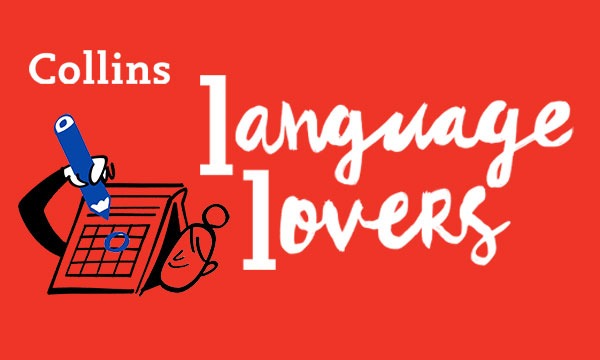The 1st of March is St David’s Day, named for the patron saint of Wales. David (or Dewi in Welsh) was a 6th-century bishop from South-West Wales who was renowned as a preacher and founder of monasteries in ancient Britain and Brittany. Today, St David’s Day is a celebration of both the saint and all things Welsh.
As resident Welsh person and phonetics fanatic at Collins, I can think of no better way to celebrate Dydd Dewi Sant than with a quick guide to get you speaking like a true bardd (or 6th-century bishop) in no time.
Beginners’ guide to Welsh spelling
Welsh is sometimes unfairly maligned as having a seemingly complicated spelling system, largely due to the use of Y and W as vowels and of double-lettered consonants.
W and Y
W in Welsh is usually pronounced as [oo], like a double U instead of double O. A couple of words with this spelling have creeped into English with cwm, a type of valley or mountain hollow, and cwtch, a hiding place or, more adorably, a cuddle.
Y is used almost like the ‘uh’ sound at the start of ‘about’ or sometimes the ‘i’ sound in ‘kin’. The former can be found in Welsh English words like Ych â fi [uch a vi] (meaning ‘Yuck!’) and the latter can be found in the word for white and common name Gwyn (rhyming with ’quin’), which also may be part of the root of penguin, meaning ‘white head’.
Consonant clusters
Welsh also has some interesting consonant clusters that may be confounding for casual readers.
These include CH [kh], similar to Scottish loch or Yiddish chutzpah, DD [dh], similar to ‘th’ in words such as this, brother and breathe and LL, which doesn’t exist in English but is pronounced like ‘l’ with a mild fricative flair like the air you expel for ‘f’ or ‘sh’. Some may find it easier to pronounce this as ‘hl’ or ‘chl’.
Some words that include these consonant clusters include baCH (‘small’), an affectionate word for a child, seneDD, the devolved Welsh Parliament and LlanfairpwLLgwyngogerychwrndrobychLLantysiliogogogoch, which is fairly self-explanatory.
Now that we’ve covered some bases, let’s wrap up with some Welsh words you may encounter in Wales.
bechod: A word meaning ‘pity’ used both sympathetically and patronisingly; if someone dropped their ice-cream, you may say ‘aw bechod’.
cariad: Meaning ‘love’ in Welsh, it is often used as an affection term of address or endearment.
iechyd da: Pronounced [Yechid Da], this is the Welsh for ‘good health’, often used as greeting or cheers and more famously transliterated perhaps as ‘yaki da’.
Hopefully these tips will help clear up some of the trickier words, so you can join your Welsh friends for some cwrw, bara brith, crempogs or cawl. And if this has whetted your appetite to find out more about the languages of Wales, Ireland and Scotland and their impact on English, why not delve into some of our previous blog posts about Welsh, Gaelic and Scots words in the Collins English Dictionary?
Iechyd Da!
By Liam McGarry, Collins corpus lead and product support developer.
All opinions expressed on this blog are those of the individual writers, and do not necessarily reflect the opinions or policies of Collins, or its parent company, HarperCollins.




collins_dictionary_official
The home of living language. #wotd #wordlovers #collinsdictionary
Read our word of the week definitions and blog posts: